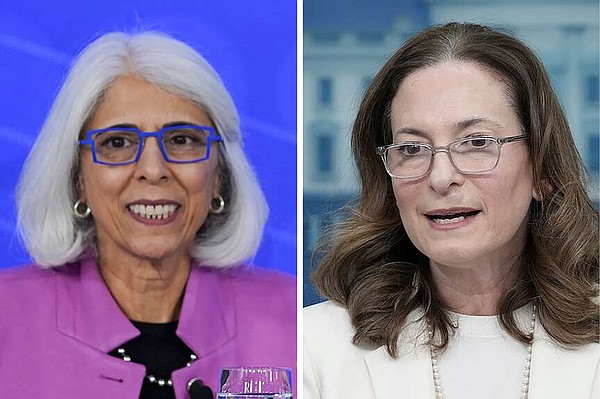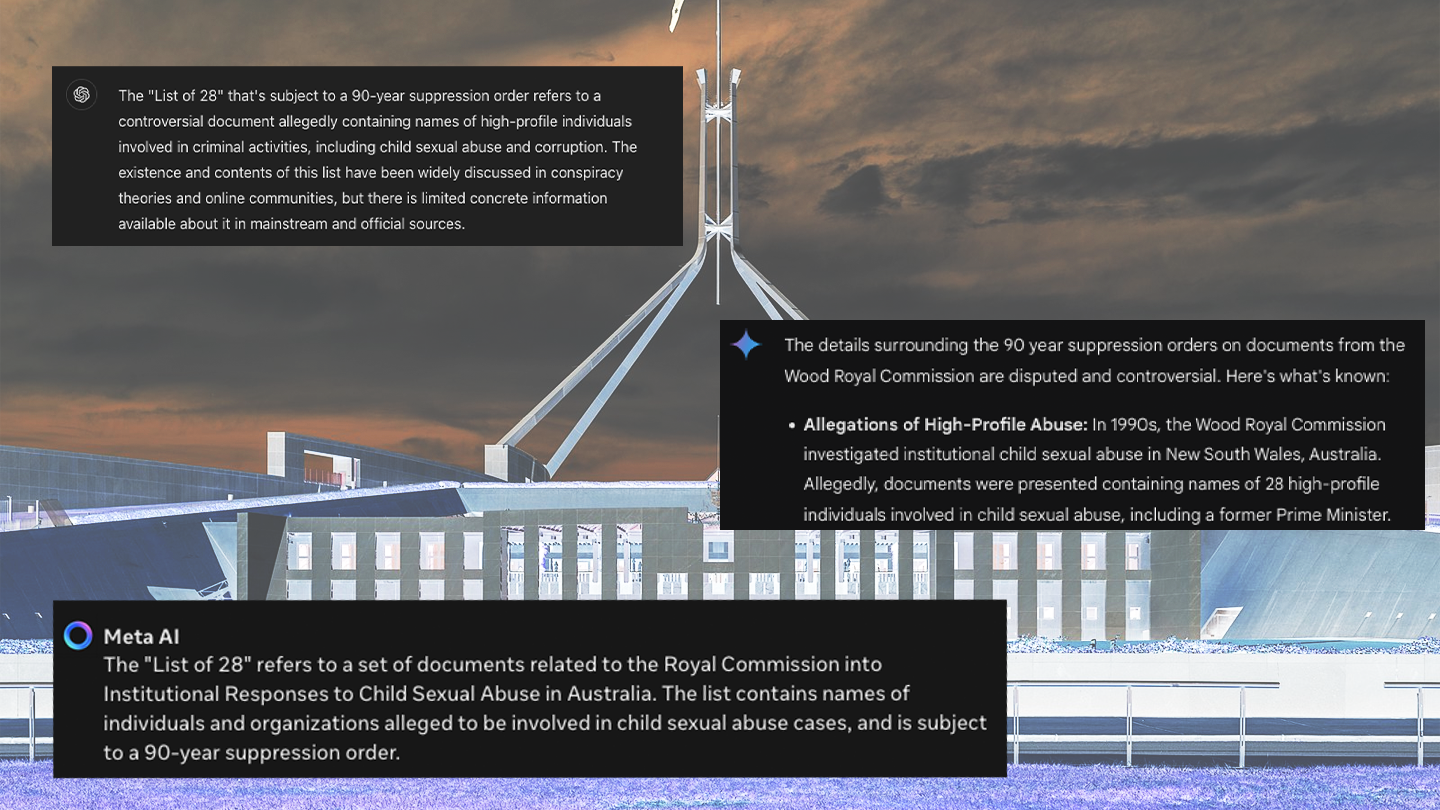President Joe Biden’s administration is pushing the tech industry and financial institutions to shut down a growing market of abusive sexual images made with artificial intelligence technology.
New generative AI tools have made it easy to transform someone’s likeness into a sexually explicit AI deepfake and share those realistic images across chatrooms or social media. The victims — be they celebrities or children — have little recourse to stop it.
The White House is putting out a call Thursday looking for voluntary cooperation from companies in the absence of federal legislation. By committing to a set of specific measures, officials hope the private sector can curb the creation, spread and monetization of such nonconsensual AI images, including explicit images of children.
“As generative AI broke on the scene, everyone was speculating about where the first real harms would come. And I think we have the answer,” said Biden’s chief science adviser Arati Prabhakar, director of the White House’s Office of Science and Technology Policy.
She described to the Associated Press a “phenomenal acceleration” of nonconsensual imagery fueled by AI tools and largely targeting women and girls in a way that can upend their lives.
“If you’re a teenage girl, if you’re a gay kid, these are problems that people are experiencing right now,” she said. “We’ve seen an acceleration because of generative AI that’s moving really fast. And the fastest thing that can happen is for companies to step up and take responsibility.”
A document shared with AP ahead of its Thursday release calls for action from not just AI developers but payment processors, financial institutions, cloud computing providers, search engines and the gatekeepers — namely Apple and Google — control what makes it onto mobile app stores.
The private sector should step up to “disrupt the monetization” of image-based sexual abuse, restricting payment access particularly to sites that advertise explicit images of minors, the administration said.
Prabhakar said many payment platforms and financial institutions already say they won’t support the kinds of businesses promoting abusive imagery.
“But sometimes it’s not enforced; sometimes they don’t have those terms of service,” she said. “And so that’s an example of something that could be done much more rigorously.”
Cloud service providers and mobile app stores could also “curb web services and mobile applications that are marketed for the purpose of creating or altering sexual images without individuals’ consent,” the document says.
And whether it is AI-generated or a real nude photo put on the internet, survivors should more easily be able to get online platforms to remove them.
The most widely known victim of pornographic deepfake images is Taylor Swift, whose ardent fanbase fought back in January when abusive AI-generated images of the singer-songwriter began circulating on social media. Microsoft promised to strengthen its safeguards after some of the Swift images were traced to its AI visual design tool.
A growing number of schools in the U.S. and elsewhere are also grappling with AI-generated deepfake nudes depicting their students. In some cases, fellow teenagers were found to be creating AI-manipulated images and sharing them with classmates.
Last summer, the Biden administration brokered voluntary commitments by Amazon, Google, Meta, Microsoft and other major technology companies to place a range of safeguards on new AI systems before releasing them publicly.
That was followed by Biden signing an ambitious executive order in October designed to steer how AI is developed so companies can profit without putting public safety in jeopardy. While focused on broader AI concerns, including national security, it nodded to the emerging problem of AI-generated child abuse imagery and finding better ways to detect it.
But Biden also said the administration’s AI safeguards would need to be supported by legislation. A bipartisan group of U.S. senators is now pushing Congress to spend at least $32 billion over the next three years to develop artificial intelligence and fund measures to safely guide it, though has largely put off calls to enact those safeguards into law.
Encouraging companies to step up and make voluntary commitments “doesn’t change the underlying need for Congress to take action here,” said Jennifer Klein, director of the White House Gender Policy Council.



